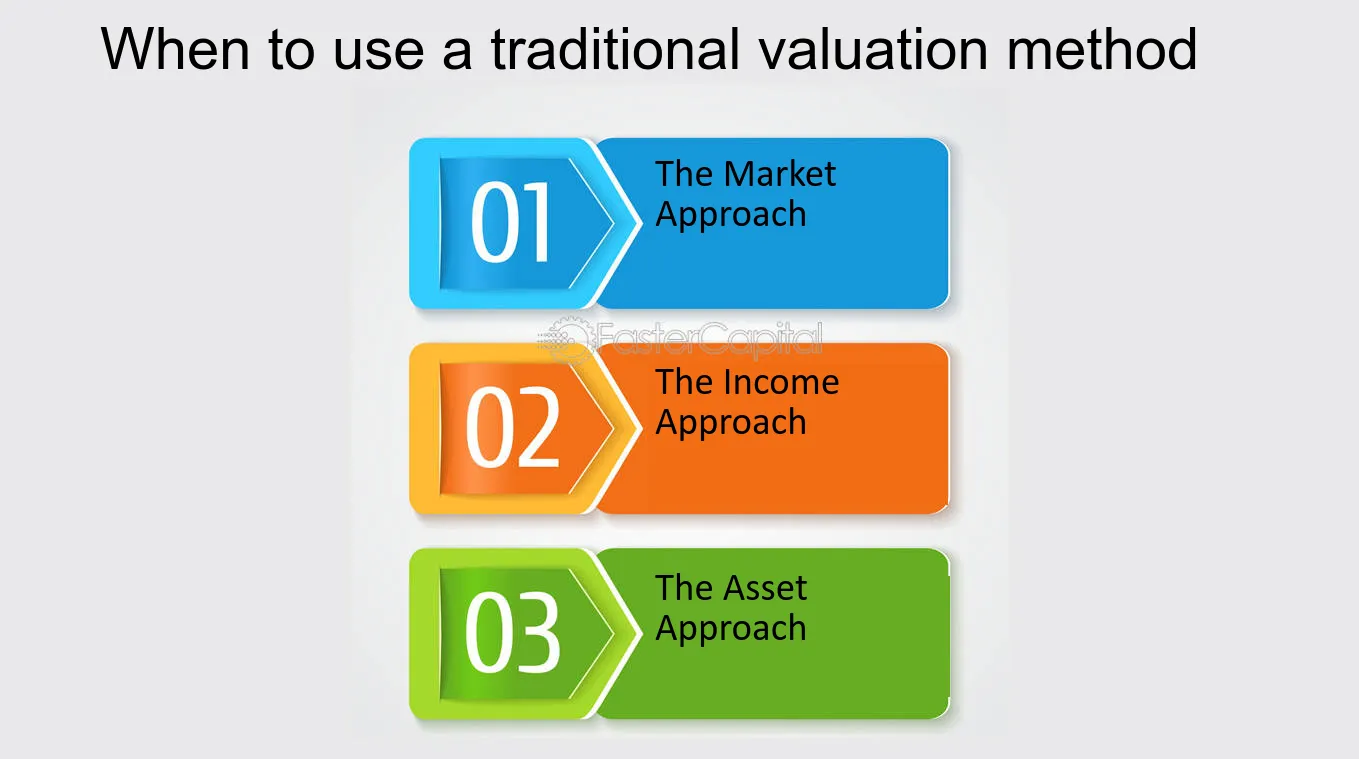Introduction
Property valuation is a crucial aspect of the real estate industry, influencing decisions ranging from buying and selling to taxation and investment. Various methods are employed to determine the value of a property, each with its own set of advantages and drawbacks. In this article, we will explore and compare different property valuation methods, shedding light on the pros and cons of each.
1. Market Comparison Approach
The Market Comparison Approach, also known as the Comparable Sales Method, is one of the most widely used valuation methods. It involves assessing the value of a property by comparing it to similar properties that have recently been sold in the same or similar locations.
Pros:
– Market-driven: This method reflects the actual market conditions and considers the preferences and choices of buyers.
– Easy to understand: The approach is straightforward, making it accessible for property owners, potential buyers, and estate agents in Epping.
Cons:
– Limited data: It heavily relies on the availability of recent sales data of comparable properties, which may not always be abundant.
– Subjectivity: The valuation can be subjective as it depends on the appraiser’s judgement in selecting comparable properties.
2. Cost Approach
The Cost Approach involves determining a property’s value by assessing the cost of replacing or reproducing the structure, considering depreciation and obsolescence.
Pros:
– Useful for new properties: Particularly effective for valuing new or unique properties where there might not be sufficient comparable sales data.
– Objective: It focuses on the actual cost of construction, which can be objectively estimated.
Cons:
– Depreciation challenges: Estimating depreciation accurately can be challenging and subjective, impacting the overall valuation.
– Doesn’t consider market fluctuations: It may not account for changes in the market that could affect the property’s value.
3. Income Capitalization Approach
The Income Capitalization Approach, commonly used for commercial properties, involves estimating the property’s value based on its income potential.
Pros:
– Ideal for income-generating properties: Suited for properties generating rental income as it directly links value to potential earnings.
– Objective: It is based on a property’s ability to generate income, providing a clear financial basis for valuation.
Cons:
– Market dependency: The accuracy of this method is heavily influenced by market conditions and rental trends.
– Requires accurate income data: Relies on precise income information, making it less applicable for properties with inconsistent or unclear revenue streams.
4. Automated Valuation Models (AVMs)
AVMs use computer algorithms to assess a property’s value based on a variety of factors, including recent sales data, property features, and market trends.
Pros:
– Efficiency: AVMs can provide quick and cost-effective property valuations.
– Data-driven: Relies on vast amounts of data, potentially offering a more comprehensive and objective assessment.
Cons:
– Limited local knowledge: AVMs may struggle to account for unique local factors that impact property value.
– Vulnerability to market fluctuations: Rapid changes in the real estate market can affect the accuracy of AVMs.
5. Residual Valuation
Primarily used in property development, the Residual Valuation method involves estimating the value of a property by subtracting the development costs and profit margin from the anticipated selling price.
Pros:
– Applicable to development projects: Particularly useful for assessing the potential profitability of development ventures.
– Consideration of future value: Accounts for the future value of a property after development.
Cons:
– Complexity: Involves detailed financial projections and assumptions, making it more complex and prone to errors.
– Market dependency: Like other methods, it is influenced by market conditions and demand for developed properties.
Conclusion
In conclusion, selecting the most suitable property valuation method depends on various factors, including the type of property, available data, and the purpose of the valuation. While the Market Comparison Approach is widely used and intuitive, the Cost Approach and Income Capitalization Approach cater to specific scenarios. AVMs offer efficiency but may lack the local nuances captured by traditional methods. Residual Valuation is indispensable for development projects but demands detailed financial analysis.
Ultimately, a comprehensive property valuation often involves a combination of these methods to ensure a more accurate and reliable assessment. Property owners, buyers, and investors, including estate agents in Epping, should carefully consider the strengths and limitations of each approach to make informed decisions in the dynamic and ever-evolving real estate market.

